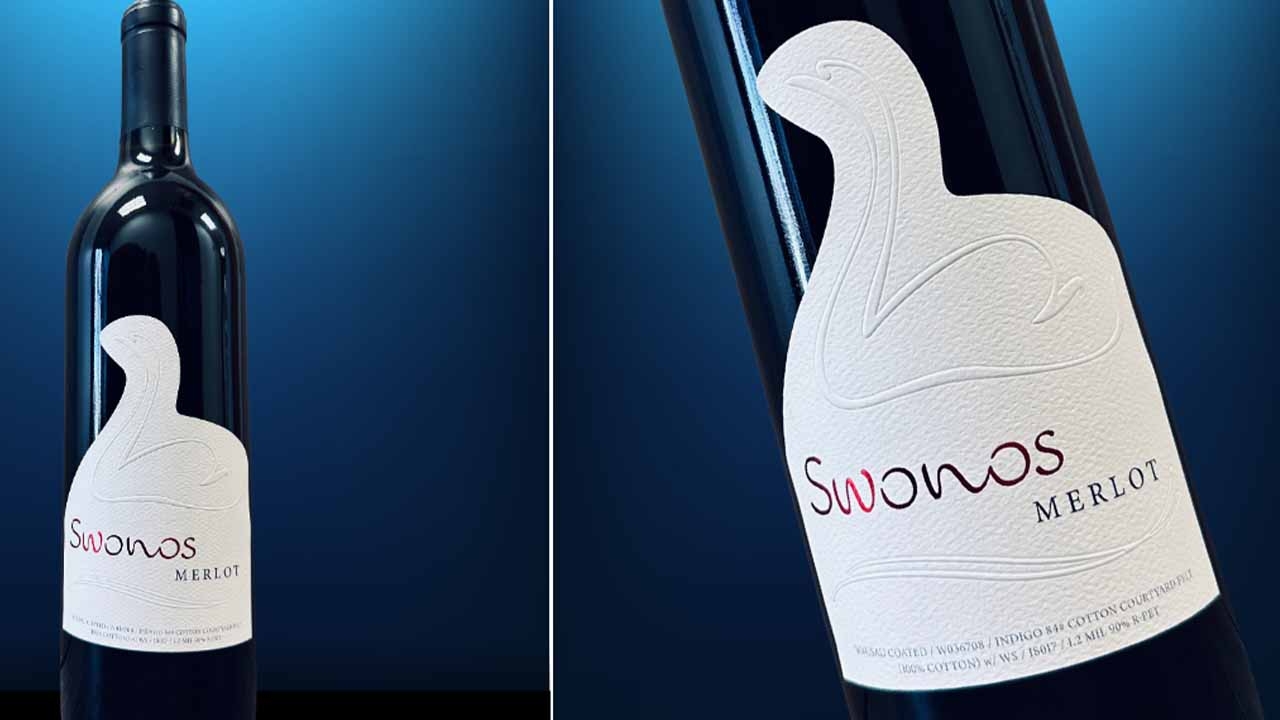Sappi launches wet-glue label paper
New high-quality Parade Label Pro WS wet-glue label paper from Sappi
.png?itok=leN8Ogaa)
Sappi launches wet-glube label paper
Sappi, a manufacturer of specialty papers, is expanding its portfolio of wet-glue label papers with the new wet-strength, alkali-resistant Parade Label Pro WS, produced at the Gratkorn site in Austria.
Exactly one year ago, Sappi announced the investment of tens of millions of euros in state-of-the-art technical infrastructure at this site to be able to produce wet-strength, alkali-resistant label papers in the future and to establish itself as a full-range supplier of label papers in the long term.
The label papers are marketed to printers, converters and brand owners looking to achieve efficiency in printing and converting.
Parade Label Pro WS is a single-sided double-coated label paper that also features a functional coating on its reverse side. The universal paper, which is also available linen-embossed, covers basis weights from 65 to 80 gsm and can be processed with the most common printing techniques like flexo, offset and gravure. It is suitable for high-quality labels for returnable containers in the beverage and food industry, such as returnable glass and PET bottles. The paper also has good lay-flat properties and versatile finishing options.
Sappi recently initiated extensive practical testing with selected customers with the aim of ideally meeting the requirements of the industry and perfecting the properties of Parade Label Pro WS. Following the completion of this validation phase, the product is scheduled for final release to customers in summer 2024. In the meantime, Sappi will be making test material available to all interested companies for qualification purposes.
Parade Label Pro WS complements its sister product, Parade Label Pro, which was developed for high-quality non-wet-strength labels in the food, beverage and consumer goods industries and is produced at Sappi’s Alfeld and Gratkorn mills. Both paper grades benefit from integrated pulp production and state-of-the-art production and converting equipment, such as a new embossing calender.
Stay up to date
Subscribe to the free Label News newsletter and receive the latest content every week. We'll never share your email address.

